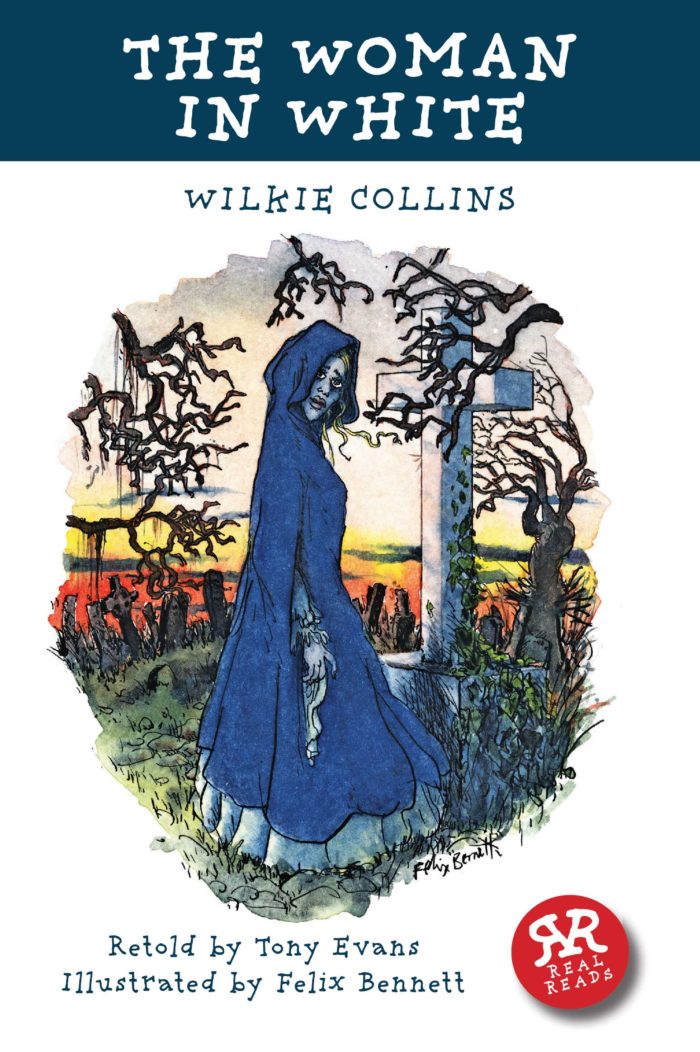
In the story, Laura endures all the sufferings which Anne had been subjected to. Laura loses part of her wit and memory after her imprisonment in the asylum. Laura’s intense suffering at the hands of her husband’s persecution indeed turns her into an emotionally disturbed woman. Anne’s imprisonment in the asylum indicates that Laura’s marriage is also a form of imprisonment which can turn a healthy woman into an emotionally deranged person. Even though Walter does not acknowledge this, it is possible that he first develops feelings for Anne, and revives this romantic feeling in Laura.Īnne’s emotional suffering and imprisonment in the asylum foreshadow the suffering and imprisonment Laura will soon endure, thus making Anne the perfect double for Laura. Walter first meets Anne, but but falls in love with Laura. Their striking physical resemblance turns them into each other’s doubles. Laura Fairlie and Anne Catherick are described as parallel figures. Despite his genuine feelings for Laura, he is conscious of the impossibility of this relationship, and is careful not to take advantage of Laura. This allusion shows that Walter is a sensible man, who understands and respects the rigid restrictions of Victorian hierarchy. Walter is acutely conscious of the fact that the socially privileged Laura could not marry an impoverished drawing teacher like himself. Marrying outside of one’s class was not an easy affair during the Victorian period.

By comparing his love for Laura with the destructive sirens' songs, Walter expresses his deep feelings for Laura and the impossibility of their love. This allusion refers to the beautiful female sirens of Greek mythology, who use their seductive singing to distract sailors, causing them to shipwreck their boats. Walter Hartright compares his love for Laura Fairlie to the the siren’s song luring him to destruction. The allusion to sirens of ancient mythology:

This allusion is in perfect keeping with Fosco’s expressive rhetoric and exuberant personality. It shows that a dull invalid like Frederick Fairlie stands no chance against the calculated schemes of a sophisticated criminal like Fosco. By borrowing an expression from the legendary Caesar, Fosco brings out the proud swagger of his character. This is an allusion to Julius Caesar’s famous utterance “veni, vidi, vici.” This expression is used to describe a rapid and conclusive victory over the enemies. As Fosco describes the success of his trickery over Frederick Fairlie, he uses the famous expression “I came, saw and conquered Fairlie”. By doing so, Count Fosco is able to lure Laura Fairlie away from Blackwater Park and into his control. Count Fosco visits Frederick Fairlie and tricks him into writing an invitation for Laura Fairlie.


 0 kommentar(er)
0 kommentar(er)
